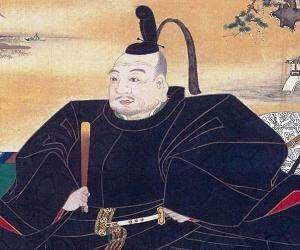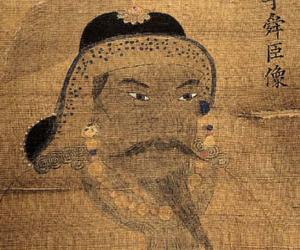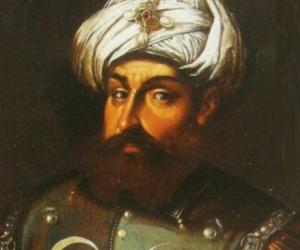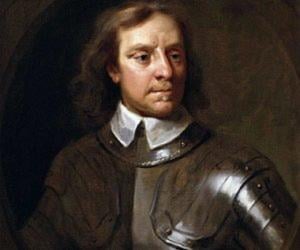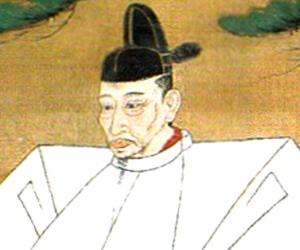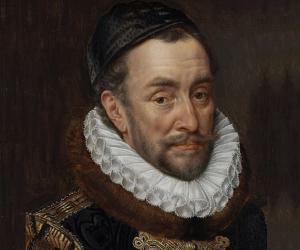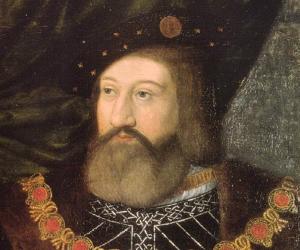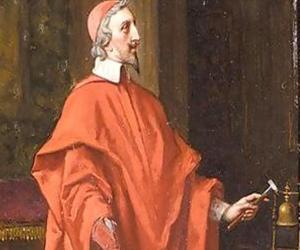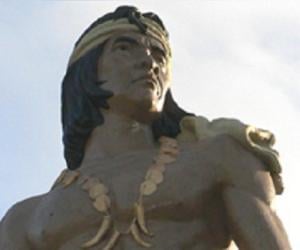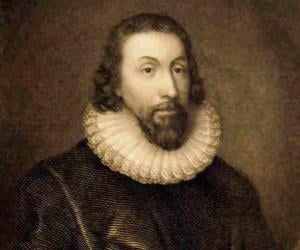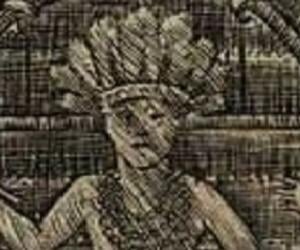Tokugawa Ieyasu was the founder and first shōgun of the Tokugawa shogunate of Japan. He is considered one of the three "Great Unifiers" of Japan. He was the son of Matsudaira Hirotada, a minor local warlord. He grew up to be an ambitious young man with exemplary leadership qualities and eventually founded the Tokugawa shogunate of Japan.
Yi Sun-sin was a Korean military general and admiral best remembered for his famous victories during the Imjin war, where his troops were victorious against the Japanese navy. Since the Imjin war, Yi Sun-sin has been revered in Korea as a national hero. Most of his victories were achieved despite being outnumbered by the enemies.
Japanese samurai and daimyō Toyotomi Hideyoshi of the Sengoku period, also known as the second Great Unifier of Japan, became the Chancellor of the Realm (Daijō-daijin) and Imperial Regent (kampaku). He constructed the Osaka Castle, banned slavery, and established the Tokugawa class system and the Council of Five Elders.
William the Silent played an important role in the Dutch Revolt where he led a group of fighters against the Spanish Habsburgs. The revolt resulted in the Eighty Years' War, which in turn paved the way for the independence of the United Provinces. Thanks to his efforts during the Dutch Revolt, William is referred to as Father of the Fatherland.
Cardinal Richelieu was a French clergyman and statesman who was active in the early 17th century. He held powerful positions in both the Catholic Church and French government and served as the chief minister to Louis XIII of France in 1624. He helped the French maintain their dominance in the Thirty Years' War that engulfed Europe.
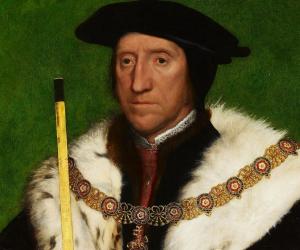
John Winthrop was a British Puritan lawyer who played a major role in the establishment of the Massachusetts Bay Colony. The colony was the second major settlement after Plymouth Colony in New England. A respected political figure, Winthrop has been cited by many modern-day politicians like Ronald Reagan, John F. Kennedy, and Sarah Palin.
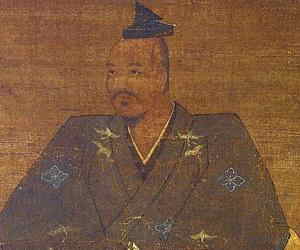
Takeda Shingen was an influential daimyo, or feudal lord of the Takeda clan, in Japan, apart from being an able military leader. Also known as the Tiger of Kai, he had long military conflicts with Uesugi and other leaders. His life inspired legendary filmmaker Akira Kurosawa’s Kagemusha.
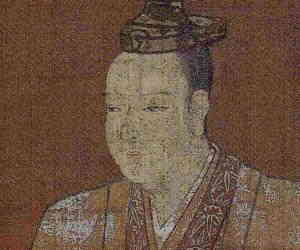
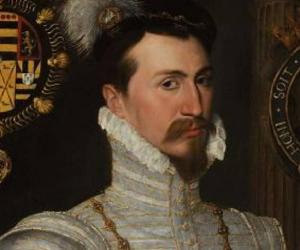
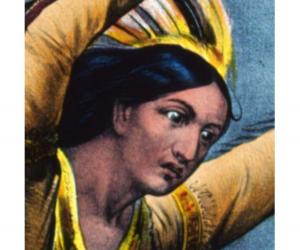
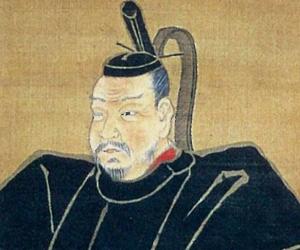
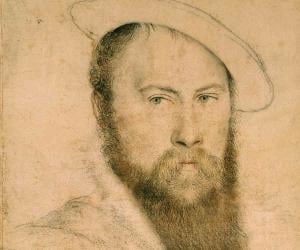
Apart from being a lyric poet who is credited with having written the first English sonnets, Thomas Wyatt was also a seasoned politician and an ambassador who was patronized by Thomas Cromwell. He was also said to have had an affair with Anne Boleyn and was later arrested for it.
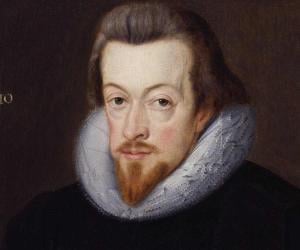
Robert Cecil, 1st Earl of Salisbury was a British statesman best remembered for his contribution during the Union of the Crowns. One of the main discoverers of the infamous Gunpowder Plot, Robert Cecil served as the Lord High Treasurer from 1608 to 1612. From 1596 to 1612, he served as the Secretary of State of England.
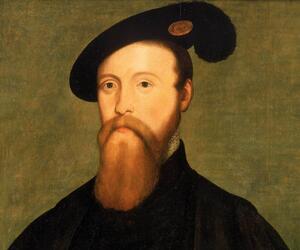
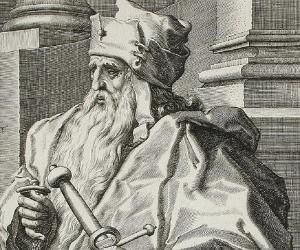
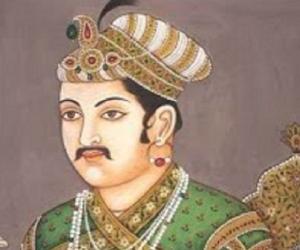
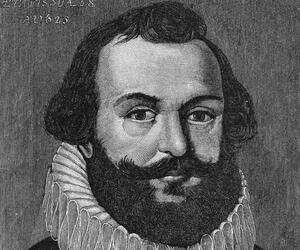
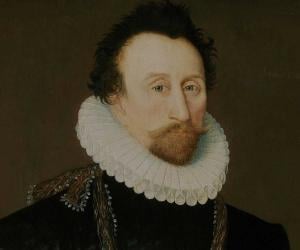
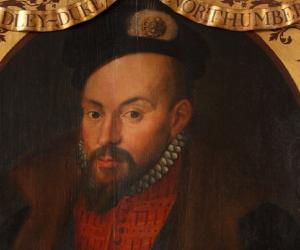
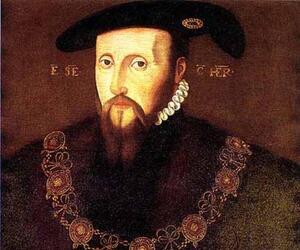
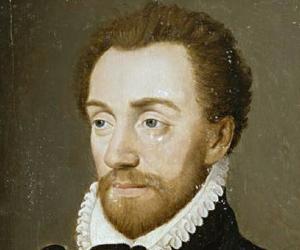
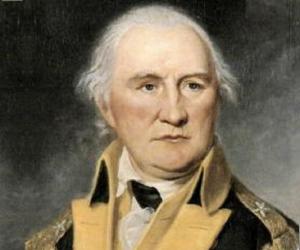
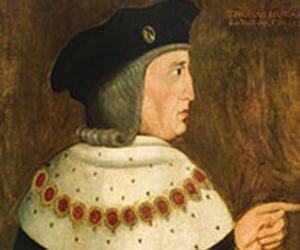
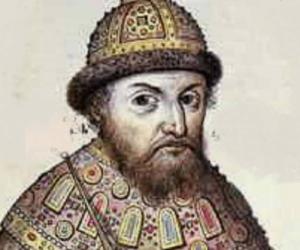

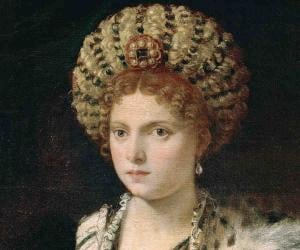
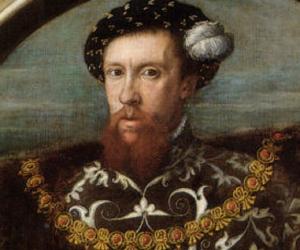
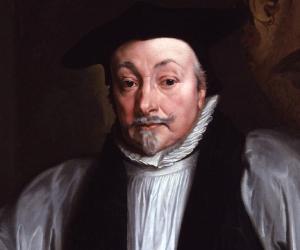

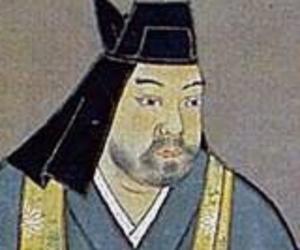
Uesugi Kenshin was one of the most influential 16th-century Japanese military figures and a daimyō of the Sengoku period. His military prowess earned him the nickname Dragon of Echigo. Born Nagao Torachiyo, he changed his name after defeated leader Uesugi Norimasa took refuge in his home and adopted him.
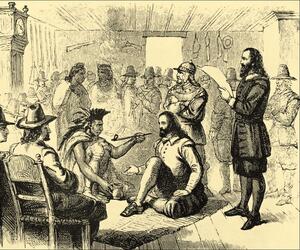
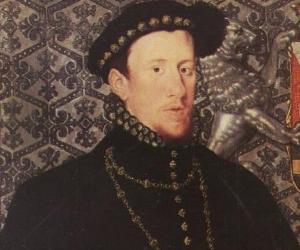
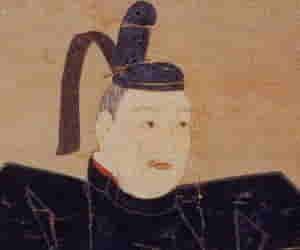
Tokugawa Hidetada was the second shōgun of the Tokugawa dynasty. Named to the shogunate by his father Tokugawa Ieyasu because of his even temper, he not only consolidated his family’s rule, but also banned Christianity and Christian literature in Japan, executing many missionaries and converts. To protect Japan from foreign influence, he also took steps to ban foreign trade.
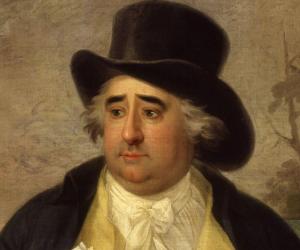
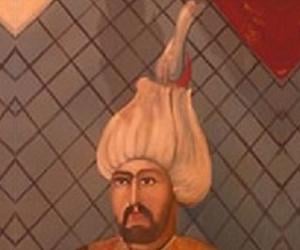
Ottoman grand vizier Sokollu Mehmed Pasha led the Ottoman army to a loss in the Battle of Lepanto but eventually acquired Cyprus from the Venetian forces. A tough military leader, he held the post of governor-general. Following the death of sultan Selim II, he faced hostility and was eventually assassinated.
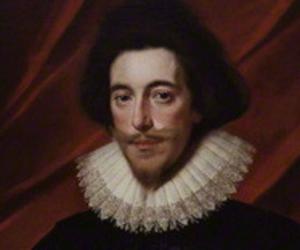
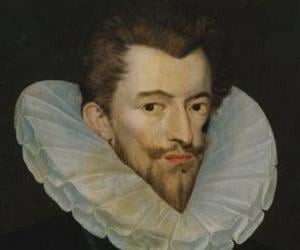
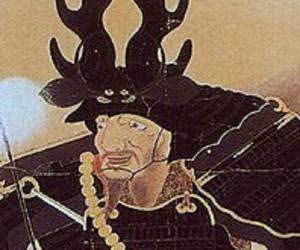
Considered as one the Four Heavenly Kings of the Tokugawa, Honda Tadakatsu was an important samurai general of the Sengoku and a veteran of over one hundred battles. Known for his loyalty to Tokugawa Ieyasu, he was later rewarded with the fief of Otaki and the domain of Kuwana. Also known as Honda Heihachirō, he never suffered any major wound.
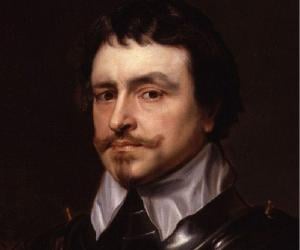
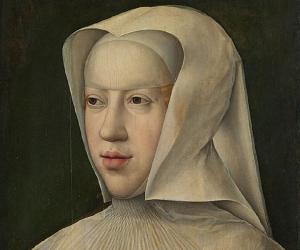
The only daughter of Habsburg archduke Maximilian I, who became the Holy Roman Emperor, Margaret of Austria was also the duchess of Savoy by virtue of her marriage to Philibert II, Duke of Savoy. A patron of the arts, she owned a huge library and had several painters at her court.
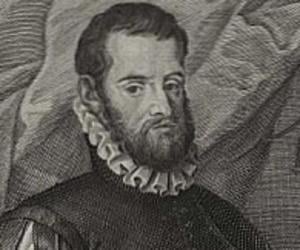
Remembered as the founder of St. Augustine in Florida, USA, Spanish admiral and explorer Pedro Menéndez de Avilés has also been credited with planning the first regular trans-Atlantic convoys. Ruthlessly loyal to the Spanish king, he massacred the entire population of a nearby French post and established a string of forts along the Atlantic coast to protect Spanish interests.

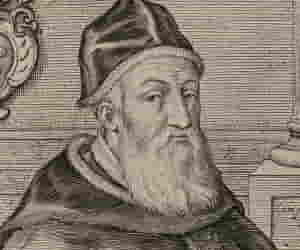
Pope Leo XI served as the chief of the Roman Catholic Church and therefore the ruler of the Papal States from 1 April 1605 until his death on 27 April 1605. Having lasted under a month, Pope Leo XI's papacy is one of the briefest of all time.
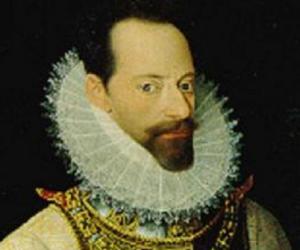
Alexander Farnese, Duke of Parma was an Italian condottiero and noble. He is best remembered for his service as a general in the Spanish army. From 1578 to 1592, Alexander Farnese served as the Governor of the Spanish Netherlands. He was also the Duke of Parma and Piacenza from 15 September 1586 to 3 December 1592.
